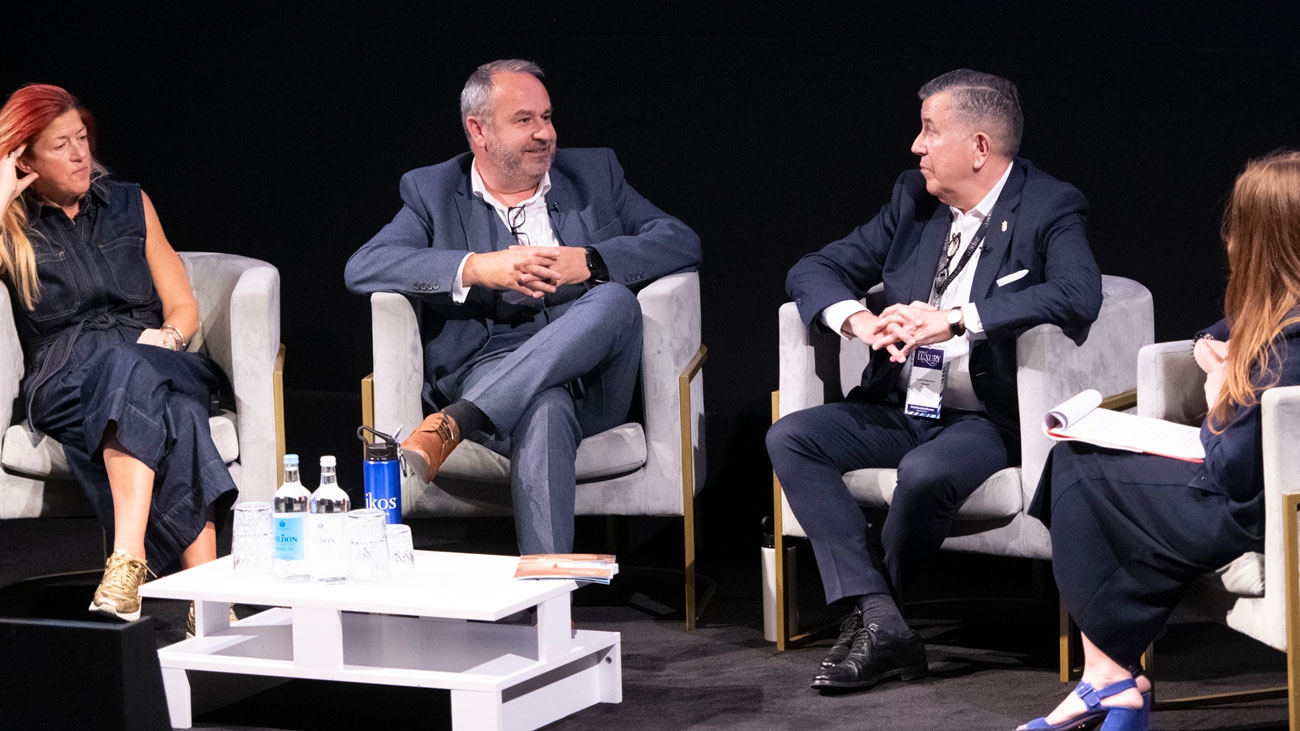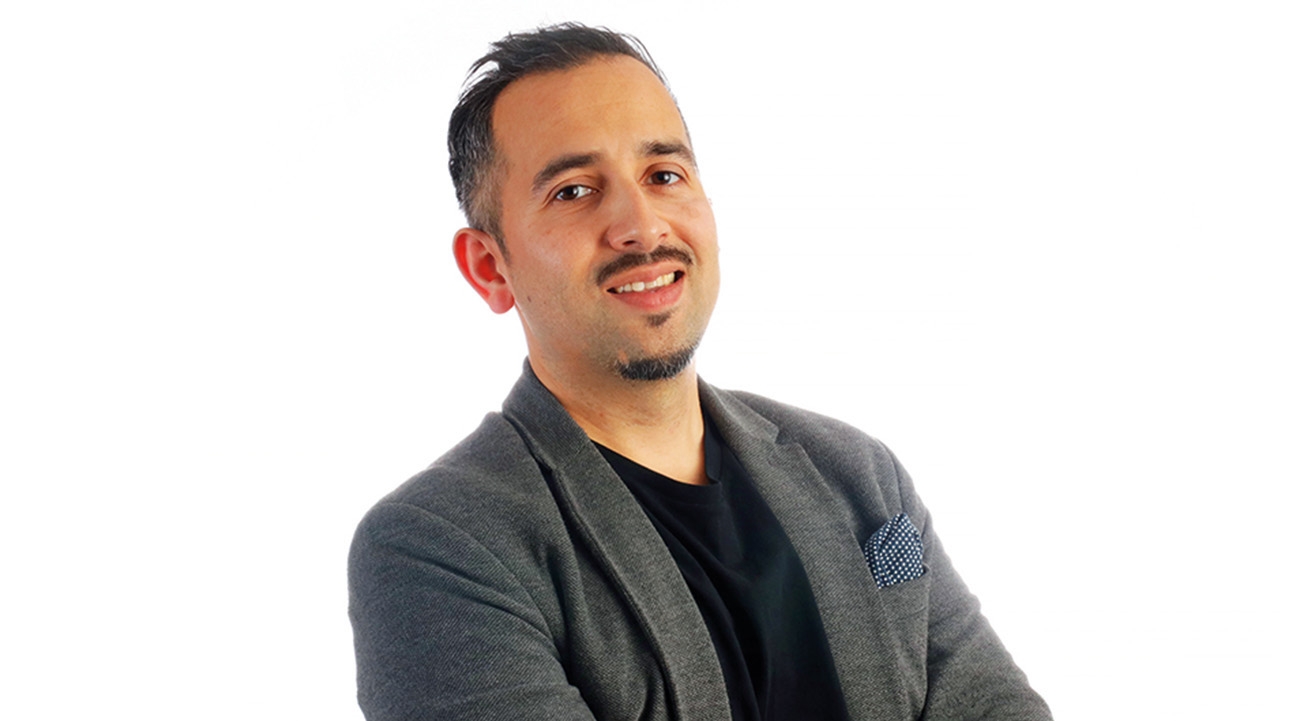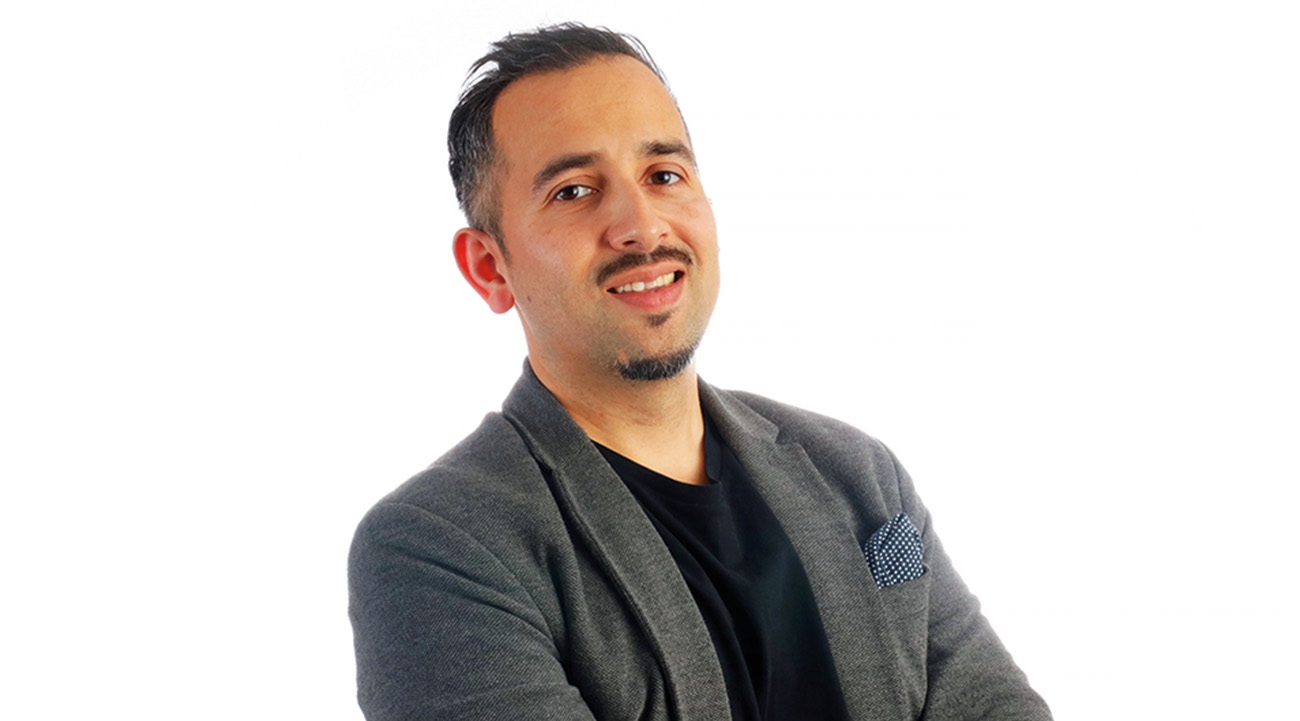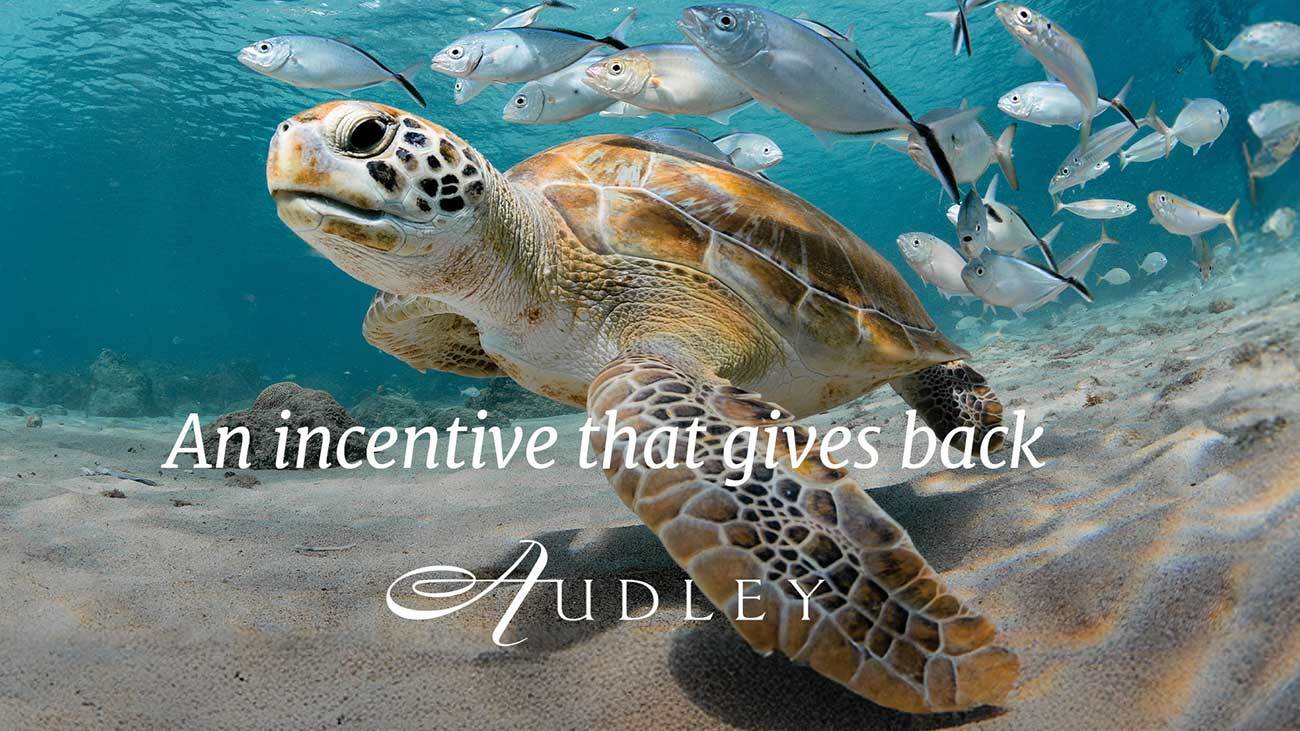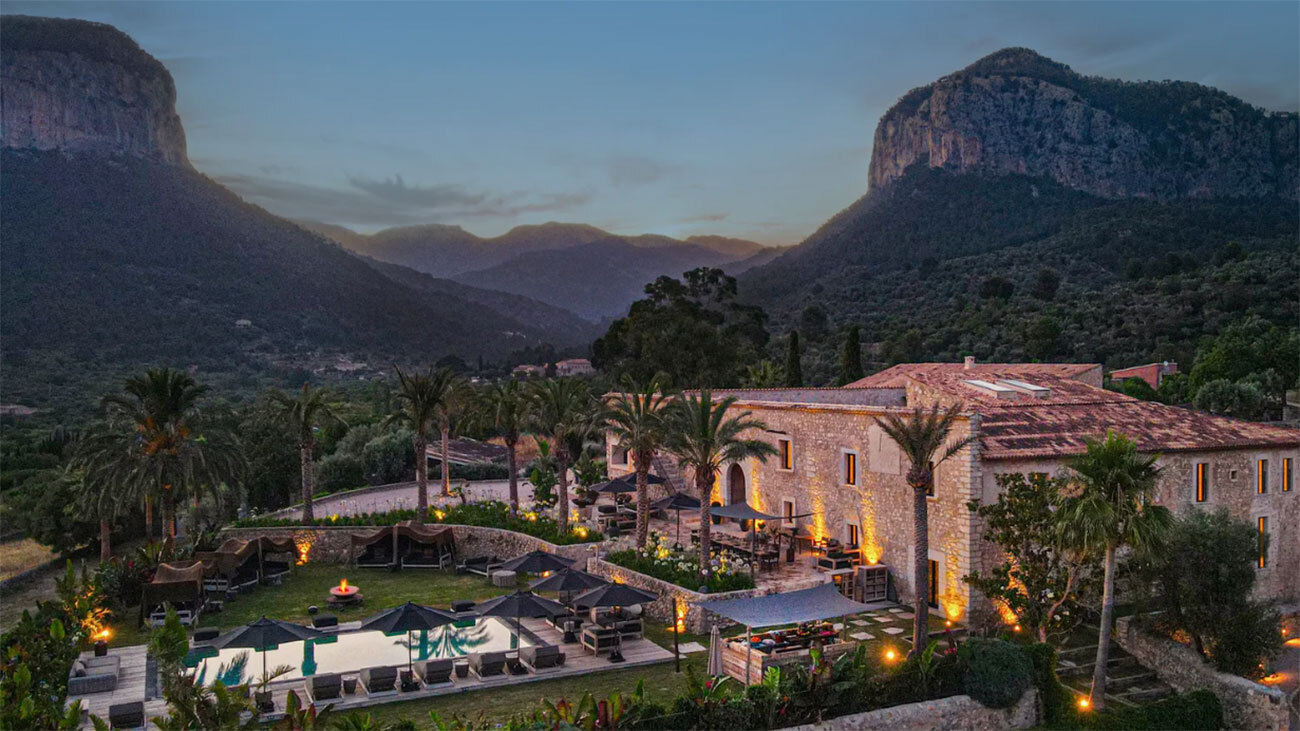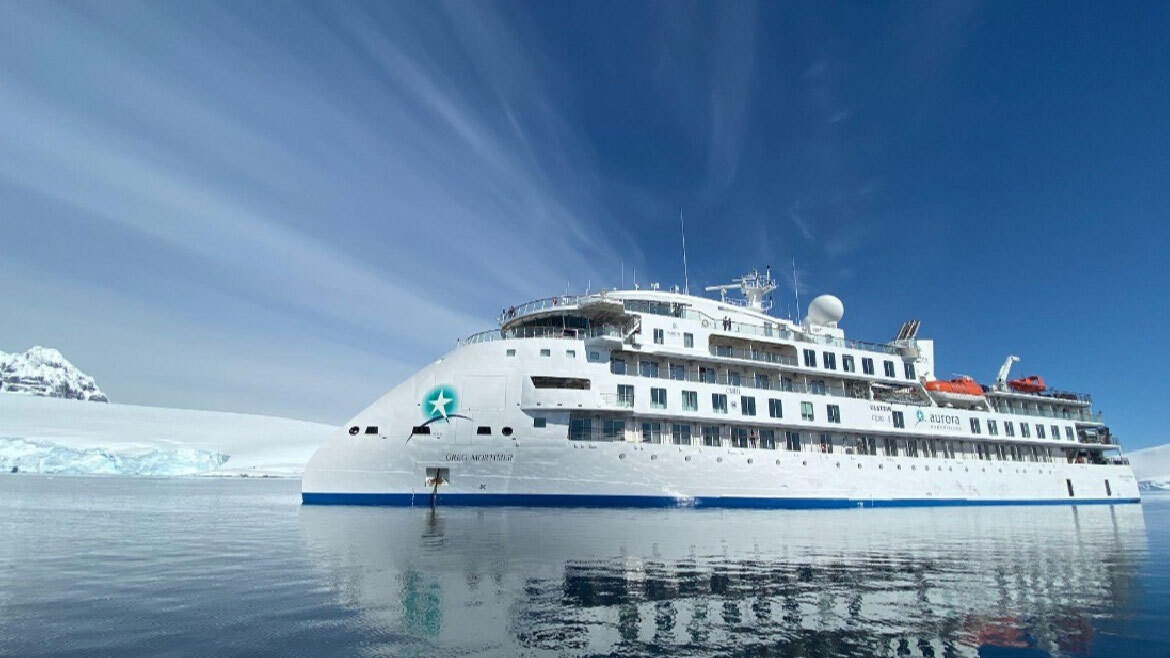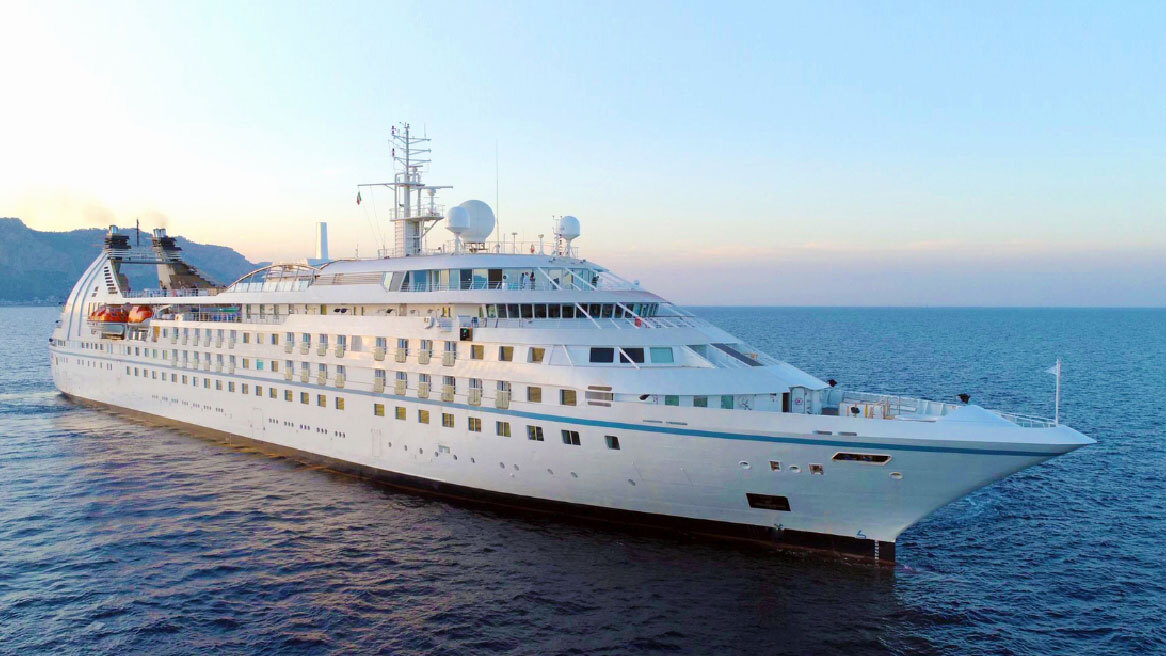Travel industry has ‘most progress’ to make on sustainability
The travel industry has the “most progress” to make on sustainability in the luxury sector, according to the chief executive of environmental consultant Positive Luxury.
Speaking at Aspire’s annual Leaders of Luxury conference, Amy Nelson-Bennett said the sector stayed in “survival mode” for “around 18 months longer than any other industry” in the aftermath of the pandemic, which had a “meaningful day-to-day effect” on many travel business.
She added: “I think the travel industry has some unique complexities, a narrower profit margin and a different business model to any other industry so it’s not easy for businesses to make short term investments and recoup.”
Nelson-Bennett warned that legislation – such as the Corporate Sustainability Reporting Directive (CSRD), which came into effect this year and requires businesses to disclose their environmental and social impacts – would soon “force” businesses to adopt sustainable practices.
“Few businesses will be beyond the reach of this legislation, directly or indirectly, so the time to ensure every travel business has its ESG date house in order is here,” she said.
The UK’s Green Claims Code is also being “enforced with increasing consistency and regularity” to eliminate greenwashing in marketing, she added.
Additionally, business leaders are set to face increasing pressure from employees.
“The profile of our employees is changing and they’re aligning their values to businesses that they believe are doing good things and where they can be part of the change,” Nelson-Bennett said.
Lee Barker, regional director of sales and marketing for Sani and Ikos Group, who was also on the panel, agreed that a focus on staff was the best approach to enacting long-lasting change.
He said the group had “robust” programmes that focused on training staff members to have “the knowledge and tools” to ensure the business is as sustainable as it can be.
He also emphasised the importance of giving back to communities, highlighting the group’s Sani Green and Ikos Green programmes, which have a number of initiatives to promote positive impact including employing 75% of its workforce from local communities and sourcing 60% of produce regionally.
Panellist Stephan Deguerce-Roberge, managing director UK, Ireland and Scandinavia for Visit Monaco, said the focus must be on setting targets.
He cited the destination’s goals to reduce its carbon footprint by 55% by 2030 and achieve full carbon neutrality by 2050. Monaco also aims to achieve zero single-use plastic waste by 2030 and plans to source 20% of its electricity from renewable sources by 2030.
Nelson-Bennett agreed, adding: “If you don’t have a baseline, you can’t set targets.”
Encouraging businesses to take the first step toward sustainability, she said brands should “build out a cross functional team and understand [their] current impact”.
